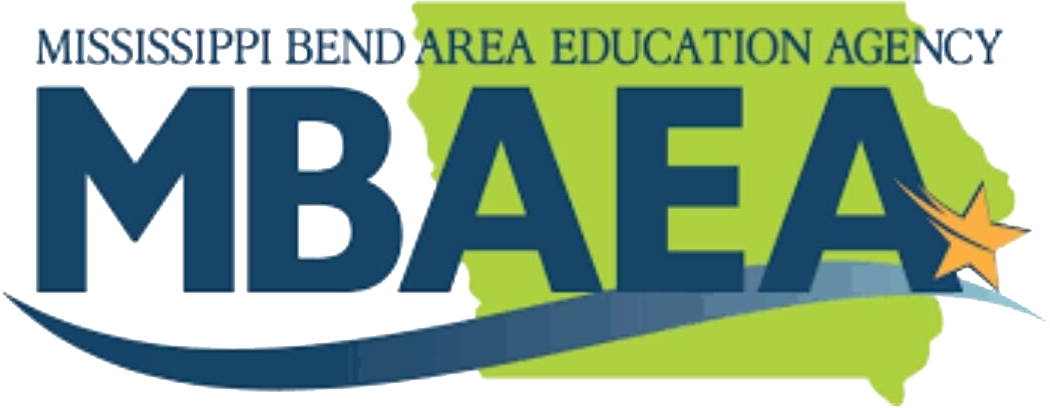Science education has traditionally focused on teaching students the core concepts and theories of various scientific disciplines. However, with the adoption of Iowa’s Science Standards, there has been a growing emphasis on incorporating the actual practices of science and engineering into daily instruction. This shift recognizes that science is not just a body of knowledge, but a dynamic process of investigation, experimentation, and problem-solving.
By engaging students in the science and engineering practices, educators can help them develop a deeper understanding of how scientific knowledge is constructed and applied. These practices include asking questions, developing and using models, planning and carrying out investigations, analyzing and interpreting data, using mathematics and computational thinking, constructing explanations and designing solutions, and engaging in argument from evidence.
For example, instead of simply memorizing the steps of the scientific method, students can experience the iterative nature of scientific inquiry by designing and conducting their own experiments. They might start by observing a phenomenon, formulating ideas, and then planning an investigation to test them. As they collect and analyze their data, they'll have the opportunity to revise their thinking and refine their experimental design.
By weaving the science and engineering practices throughout the curriculum, educators can create engaging, authentic learning experiences that prepare students for the challenges of the 21st century. As they grapple with real-world problems and work like scientists and engineers, students will gain a deeper appreciation for the power and relevance of science.
To learn more about the Science and Engineering Practices and the expectations for each grade band, check out this resource from Next Generation Science Standards.

